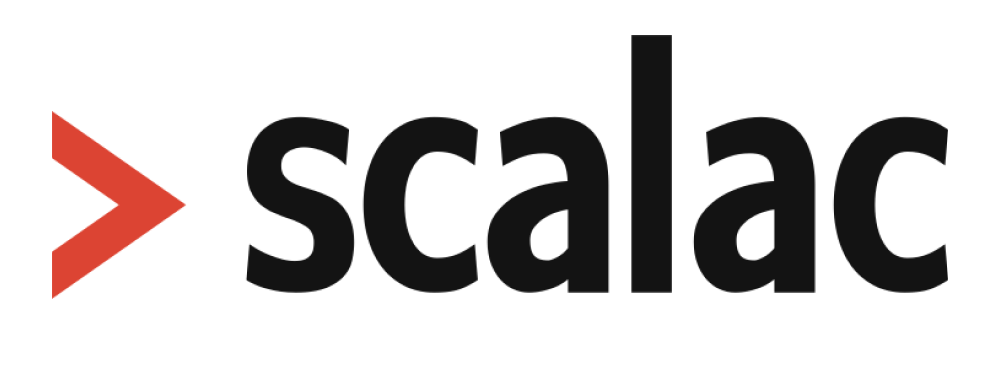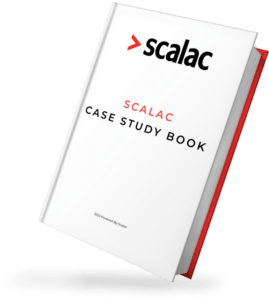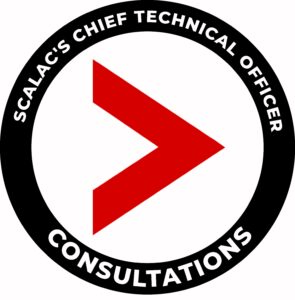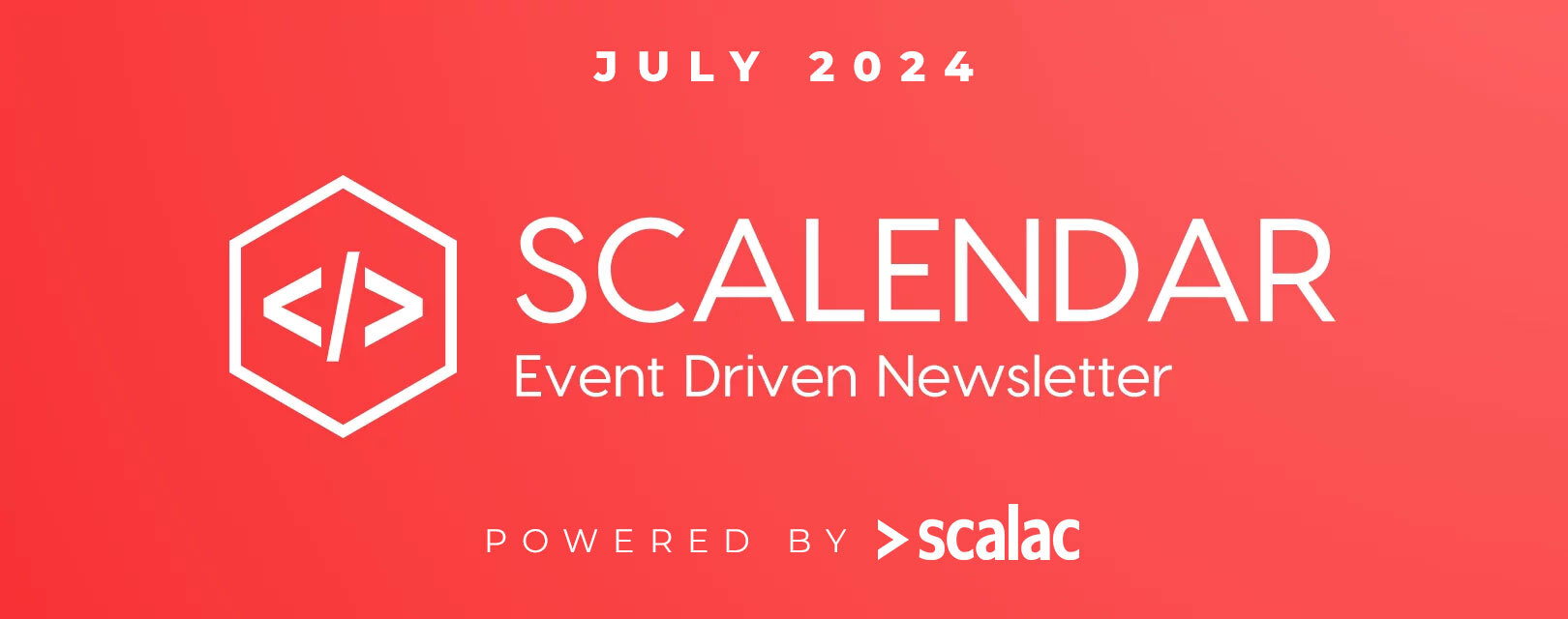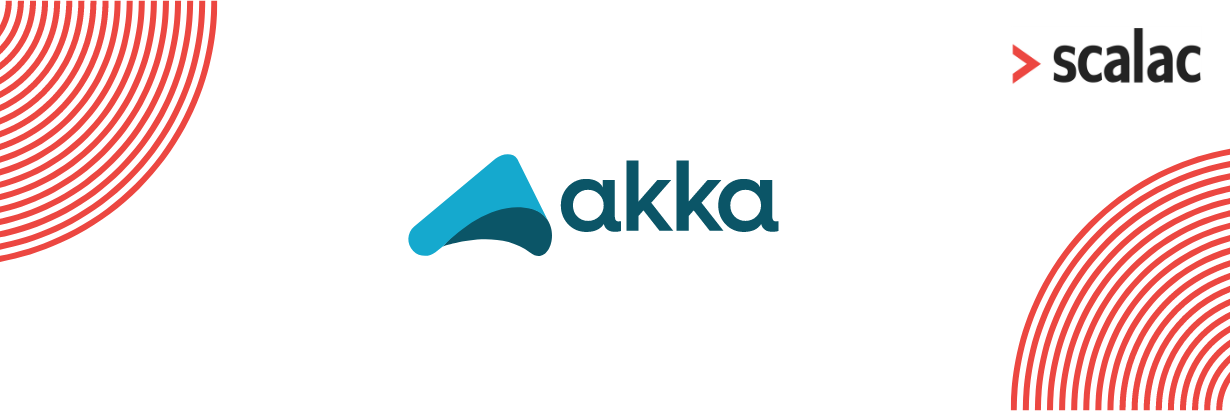
In the center of Scalar

If you want to be up to date with all Scala events, sign up for Scalendar, our Event Driven Newsletter.
Scalar is one of the largest conferences in Central Europe. It started its activities in 2014. The Scalar community focuses on supporting people interested in the Scala programming language. It allows them to develop their programming skills, learn Scala, and delve into more and more theories with practical use.
From 2014 to 2019, the conference was held in a stationary form in Poland, Warsaw. But since the pandemic started, they decided to focus on digital panels online. In 2020, the conference was held on May 15.

Online conferences – learn to code in Scala
Regardless of meetings, Scalar’s purpose was learning scala, integrating, and supporting the Scala community. The events take 45-minute presentations with a question and answer session and the opportunity to establish contacts. Scalar emphasizes the principle of unification, which will help in the difficult development path and keep pace with the rapid technological advances in programming. Scalar presents a complete schedule and instructions for events on its website.
The conference focuses mainly on developing Scala language and FP techniques, the willingness to teach participants new skills, and explaining the complex topics they demand.
In 2020, during the seventh edition of Scalar, on October 8-10th, there was a practical part of the event – online workshops. They were divided into four sections, adapting to people advanced in FP and beginners. Moreover, it was possible to switch between sessions and choose the one appropriate to your skills, interests, and level of knowledge.

Who is part of the Scalar team?
- Jan Zborowski – Co-Founder, Board Member, and Business Developer in SoftwareMill
- Adam Warski – CTO in SoftwareMill, Scala, and functional programmer
- Sylwia Górska – Recruitment Specialist
- Marta Mielcarek – Senior Product Designer
- Aleksandra Puchta-Górska – Marketing and Growth Manager
- Magda Stożek – Software Developer
- Sebastian Rabiej – Senior Software Engineer
- Jarosław Kijanowski – Java Developer
Scalar on Social Media
The scalar conference allows you to track its actions, announce new events and deliver technological news on Facebook and Twitter. In addition, each subsequent conference enables spreading the popularity of the organized events, so it gains more and more followers on both accounts.
Partnership
Over the years, Scalar has established many collaborations and acquired new sponsors. Among them, we can find:
- Merge
- SoftwareMill
- Scala Times
- Ziverge
- Touk
- No Fluff Jobs
- Just join.it
- Corssweb where IT meets
- SODA
- Challange rocket.com
- Wrocław Java user group
- Typesafe
- SoundCloud
- VirtusLab
Scalac is one of the top Scala Development Companies. It was created in 2014, and its challenge is solving Big Data problems. Scalac is focused on designing and implementing customized software and supports the Scala society by sponsoring and organizing Scala-related events.
Which IT areas could we find at the Scalar conference in 2020?
Among the topics, we could find such programming technologies:
- Kafka
- Microservices,
- ZIO
- Scala
- Compositional Tracing
- Dotty
- Tape-Safe
- Concurrent Programming
- The Monadic Style
Who spoke at the Scalar conference?
In the Speakers team, we can find people from various IT areas. Programmers, Scala FP enthusiasts, Scala OSSM library maintainers, JVM engineers, architects, ZIO co-creators, IT enthusiasts, Technical managers, Backend-infra Engineers, or Soundcloud Engineers.

#1 10 lessons learned from using KAFKA in 1000 Scala microservices
Natan Silnitsky covered the topic of the use of Kafka in 1000 Scala microservices. Kafka is a base of the distributed system of Wix microservices. Wix is a software company focused on creating websites in the cloud. In his lecture, Natan Silnitsky, Senior Software Engineer at Wix, Senior Backend Developer, outlines the ten key moves to take any scaling on a Kafka-based system that remained safe. Among them, we can find answers to the following questions:
- Speeding up the creation of driven style code
- How do I optimize my work with Kafka using a polyglot setting?
- How should we support developers?
- Dealing with multiple DCs environments
- Natan Silnitsky also presents the phenomenon of the Long-running async business process.
#2 Learn Scala! Tips for writing fast Stack-safe functional code in Scala
In 2020, Christophe Calves, Data Engineer at Adikteev, showed how to write fast and stack-safe functional code. He presented ten tips that might help in this task. The possibility of creating such guidance has been obtained from previous manufacturing experience with API Calls’ automatic grouping.
API Calls allowed for Auto-Batch library development, which is used in functional programming. Christophe Calves shares the history of API design from the very beginning. He explained how many problems related to this had already been solved.
Additional issues raised by Christophe Calves:
- @tailrec meaning
- How to provide stack-safe
- Designing the data structure depending on the needs
- Using smart constructors to speed up your work
- GADT and suitability
#3 A functional Scala stack for 2020
Adam Warski, Scala & Distributed Systems Expert, CTO at SoftwareMill, OSS Developer, also performed at the 2020 conference. He presented a set of libraries that are used in the Bootzook template project – a scaffolding project. Adam Warski illustrated how to add a complete function to the application using coding in live sessions. He has listed a few things that we need for this:
- trait-as-modules for code organization
- constructors for “dependency injection.”
- tapir with http4s for exposing HTTP endpoints
- doobie for database access
- monix with cats-effect for managing side-effects
Adam Warski also presented the benefits of choosing the functional programming option.
#4 From Scala to assembly the cost of the abstraction revisited
Jacek Ratajski, at the Scalar conference in 2020, raised the topic of Scala in the context of efficiency. When talking about programmers, there is often a myth about efficiency in programming – that it is inevitable. There are still attempts to analyze between machines and code, but they are often in error because there are multiple layers between the two factors.
Jacek Ratajki approached the subject of efficiency by using the examples of Scala and the ‘bare metal’ codes. For this, he used the latest version of JVM, Graal and a few other auxiliary tools – efficiency counters, javap, gc, jmh, jitwatch logs,
Why should you pick Scalar events?
Scalar’s representatives are people who will always find their way to reach the audience. They offer the opportunity to develop their skills, learn scala, and gain more knowledge in programming. The group’s representatives include educated people, scientists, and specialists who provide the best possible development path. Scalar is the most significant conference in Central Europe, and yet the society of Scala and Scalar participants continues to grow, thanks to their constant work. Scalar emphasizes unity. It means that they welcome all enthusiasts or specialists, regardless of the level they operate in terms of programming. The common case is programming – something that may be difficult but innovative. At the moment, there is no information about the upcoming Scalar event. Still, organizers will keep you updated with the news about the conference on its website and social media.
